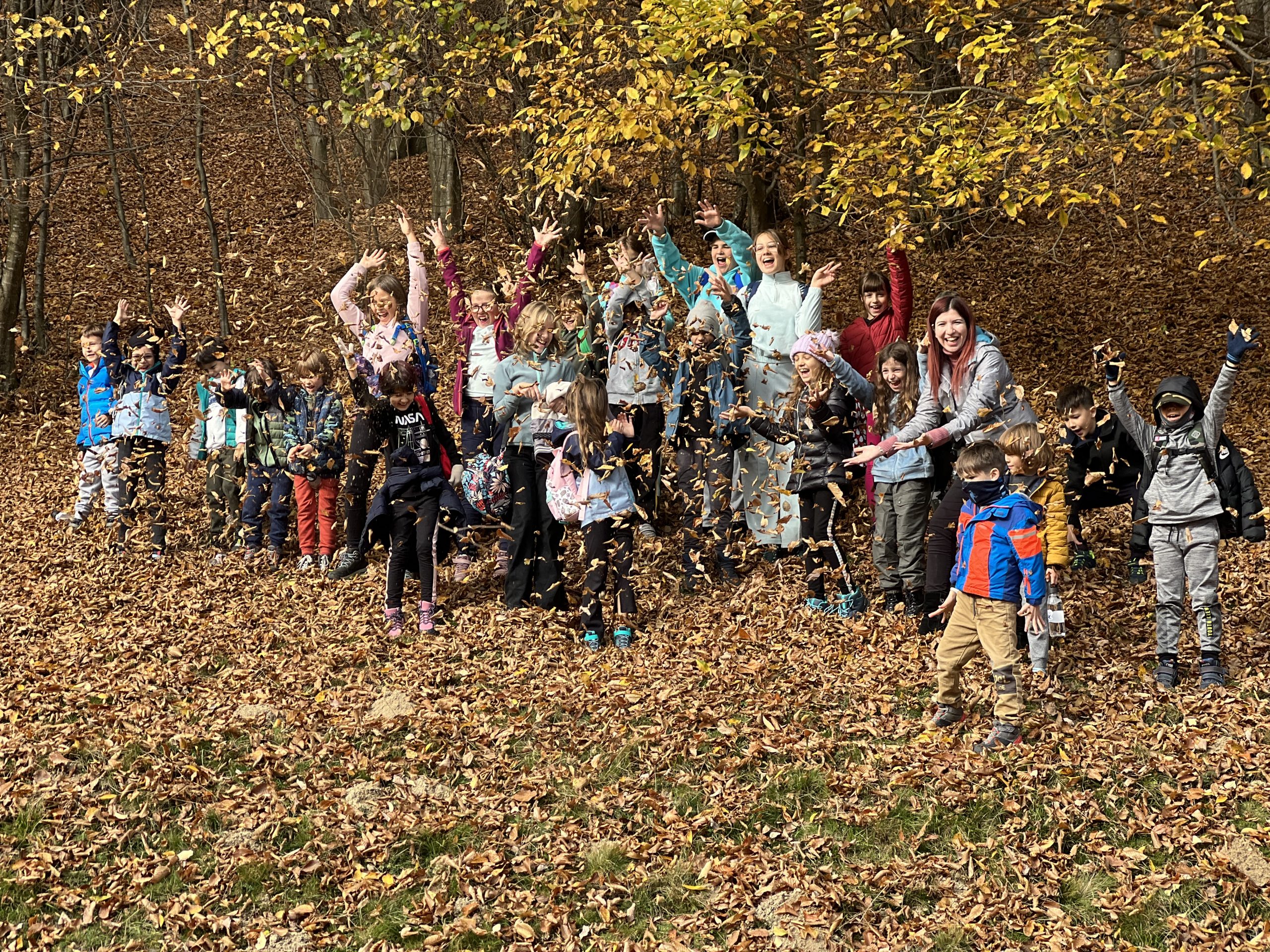
How do little ones build their identity and values?
A strong sense of identity allows the child to trust himself, recognize and accept that in any social setting there are consequences for his actions and behaviours. All children, with support, can develop a strong sense of their own identity and learn how to interact with others with care, empathy and respect.
All children will develop a strong sense of identity, and this happens through reference to a series of questions: Who am I? What influence do I bring to my world? What represents me? How am I different from others? And so on Children with a strong sense of identity seek and are open to new challenges, ask questions and try new things, and persist in achieving goals.
To build a strong sense of identity, the child must first feel that he belongs to a group. The attachment relationships they develop in the first years of life are essential. How can adults support the formation of a strong identity for the little ones?
It is essential to appreciate what is unique about each child. Little ones need extra attention when communicating and interacting with the adults in their lives, because this gives them confidence and openness. Both in the family environment and in the school or play environment, the child needs to understand that he is safe, that he can be vulnerable and that he is in a harmonious space for learning.
Whether as parents, responsible adults or teachers, we can encourage little ones to reflect on their experiences, beliefs and emotions. This can be done through journals, discussions or activities at home or in the classroom. Through this reflection, students can identify what is important to them and what they stand for.
Power of Example: The values we display and believe in can have a significant impact on children. By demonstrating empathy, honesty, integrity and other positive values, we can inspire them to adopt similar values for themselves.
It is important to foster a supportive environment where children feel safe to express themselves and explore their values. The little ones need time to play in a group, but also time to play alone, it has personal limits and it is important to respect them.
Adults play a crucial role in helping children find their values. By providing opportunities for reflection, modeling positive values, promoting ethical decision-making, encouraging community service, and fostering a supportive environment, we can inspire them to live a life based on their own positive beliefs and values.
*Article written by Veronica Dunga, KEN Academy trainer.
